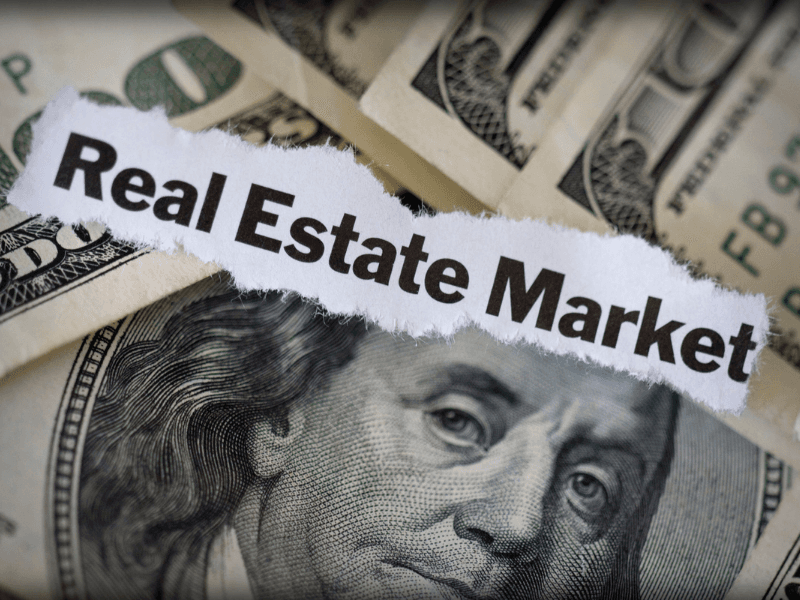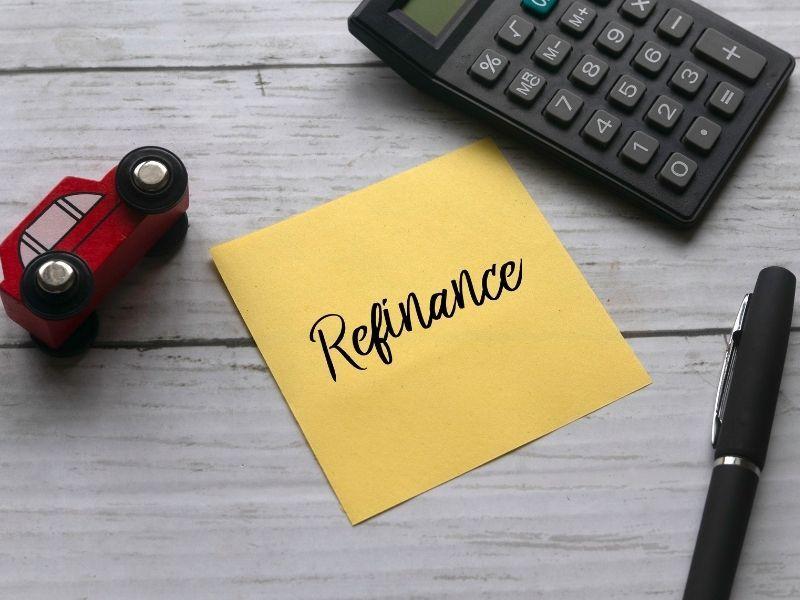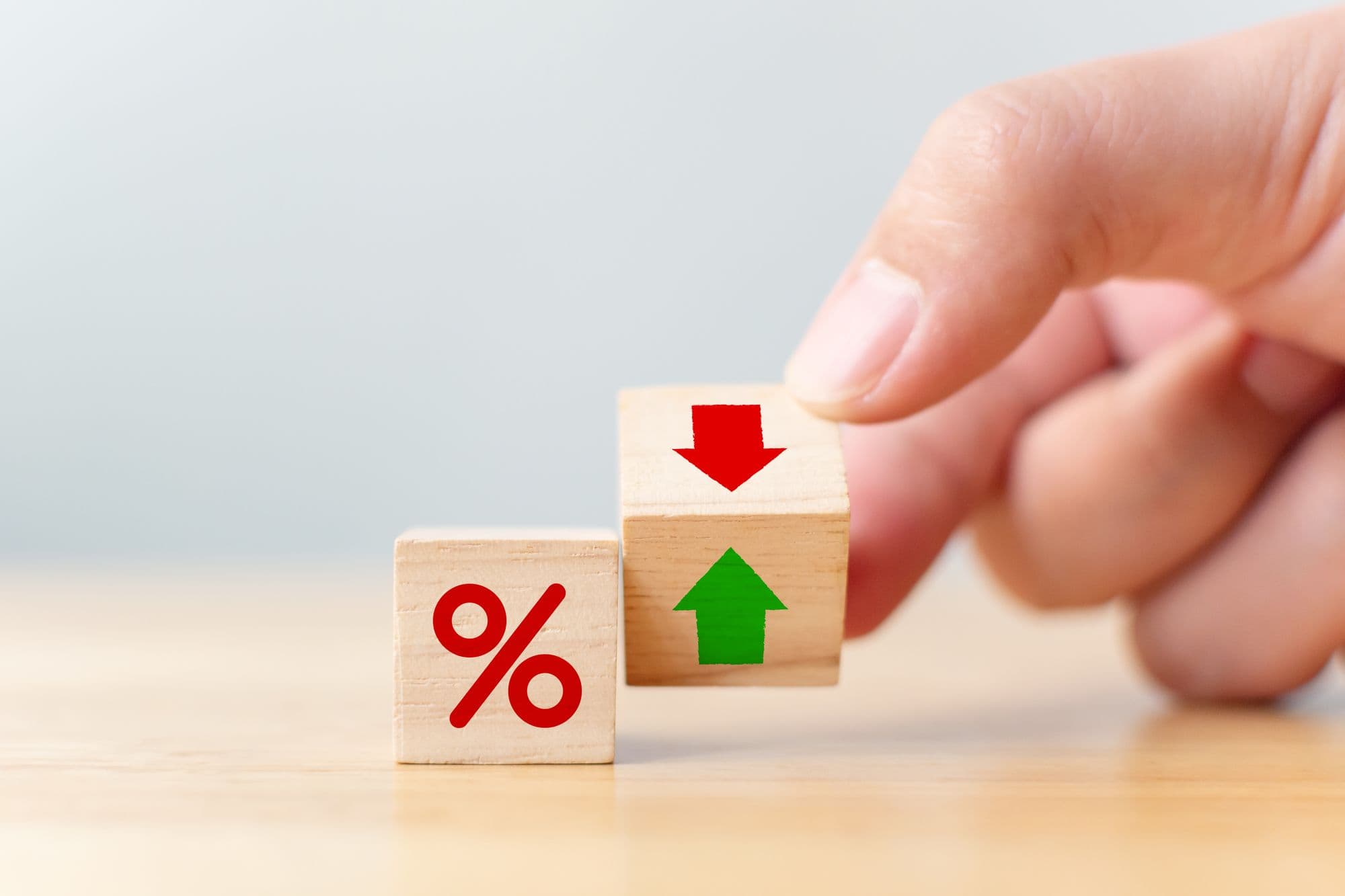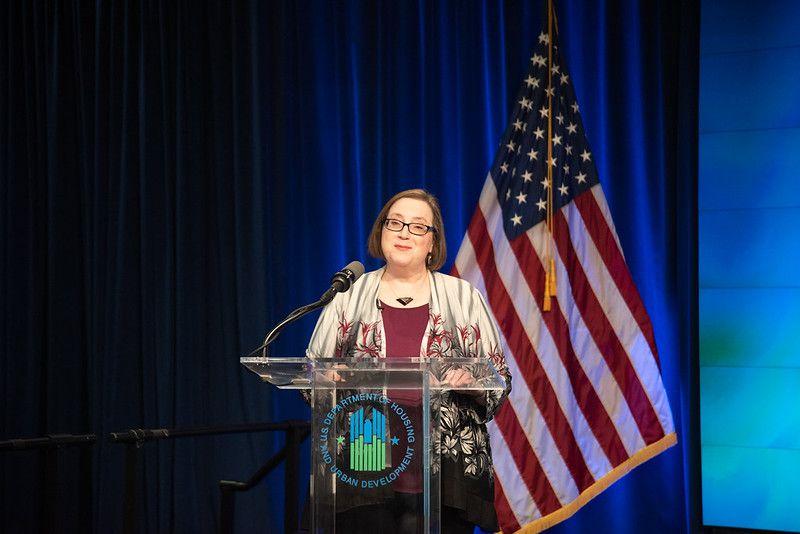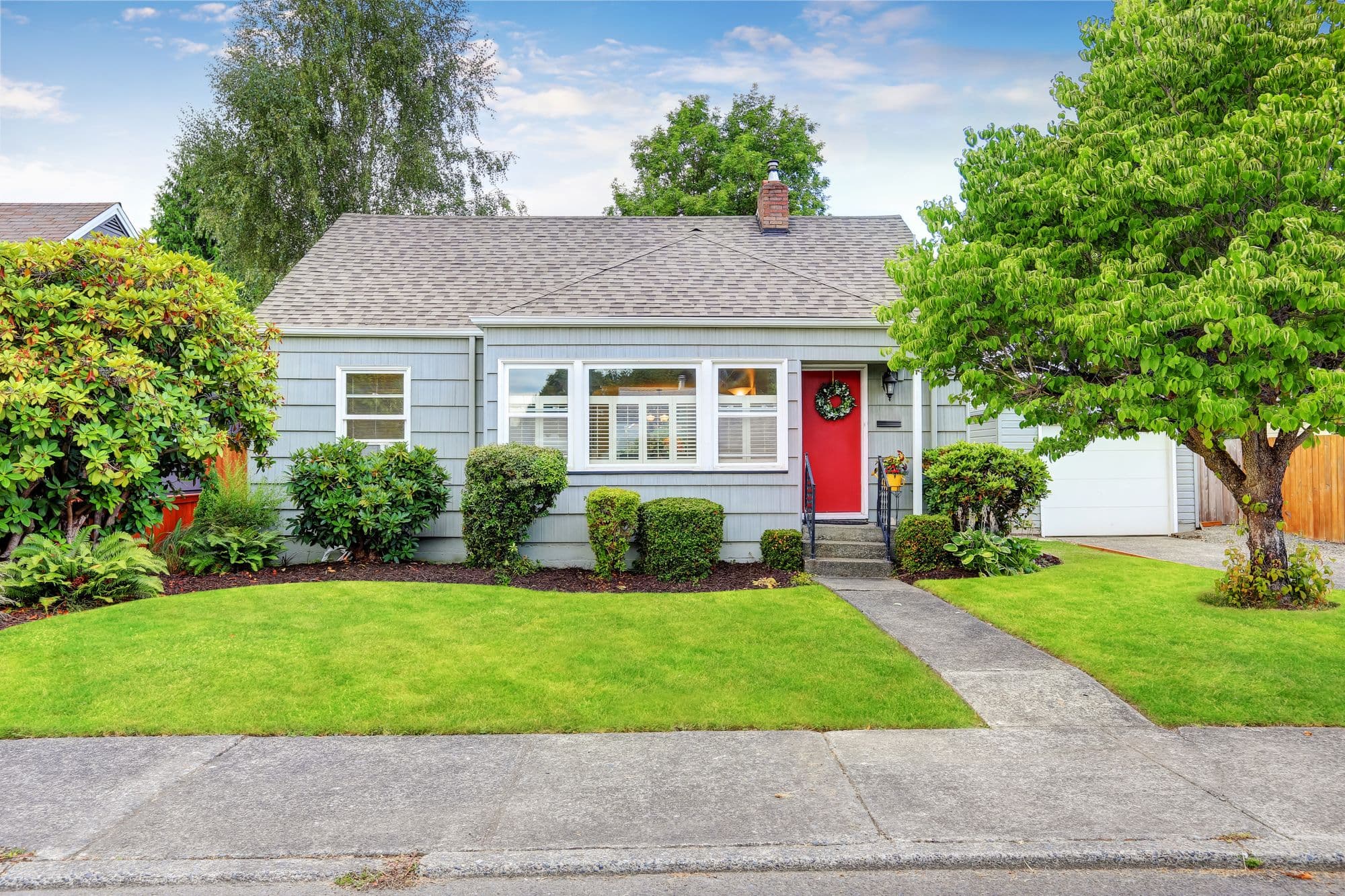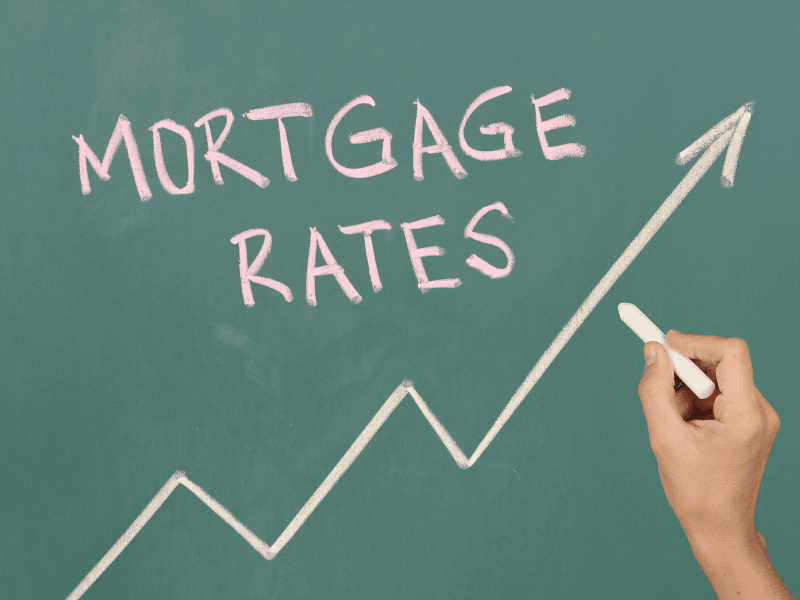
Renting and Buying More Expensive as Mortgage Rates Rise
Mortgage rates are on the rise and that means renting and housing are getting more expensive.

Unsurprisingly, renting and buying a home is becoming more expensive. The post-covid (fingers crossed) economy has seen price increases on virtually everything. Housing is no exception.
It’s well established the housing market and home prices have been red hot over the past few years. While higher prices by definition make homes less affordable, rising interest rates compound the issue. The 30-year nationwide average mortgage rate is 4.88% according to Bankrate.com. That’s up about 1.5% from the 2021 year-end rate average.
A 1.5% mortgage rate increase equates to over a $400 payment increase on a $480,000 mortgage loan. Meaning a buyer who buys now will pay over $4,800 more annually than the neighbor who purchased their home for the same amount in December 2021.
The tools What’s My Payment makes available to homebuyers and real estate professionals illustrate how fluctuations in interest rates affect home prices, house payments, and affordability.
$480,000 Mortgage Loan at 3.25%
$480,000 Mortgage Loan at 4.75%
Source: What’s My Payment Mortgage Calculator
The scenario presented above for the same transaction roughly three months apart illustrates the drastic impact interest rates have on home affordability. The lower interest rate saves $415 per month.
In addition to house payments increasing, the cost to rent is also rising. According to the Redfin report, only two of the top 50 most populous markets show rent declining over the past year (Kansas City, MO and Milwaukee, WI).
Top 10 Metro Areas With Fastest-Rising Rents Year Over Year
- Austin, TX (+40%)
- Portland, OR (+39%)
- New York, NY (+36%
- Newark, NJ (+36%)
- Nassau County, NY (+36%)
- New Brunswick, NJ (+36%)
- Fort Lauderdale, FL (+30%)
- West Palm Beach, FL (+30%)
- Miami, FL (+30%)
- Denver, CO (+29%)
Source: Redfin.com
The average rent increase for the 50 largest metros is 15.5%. The $415 payment increase in our purchase example equates to a 19.9% increase.
The Takeaway
Rent and house payment growth of 15-20% is not sustainable.
Rising interest rates should slow the housing boom. However, fewer new buyers means more renters, which should continue to drive rents up. Demand for housing, whether it be to buy or to rent, exceeds supply. Until the market can meet demand, housing will remain expensive relative to previous year.
